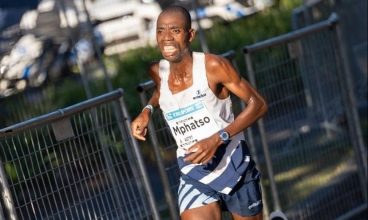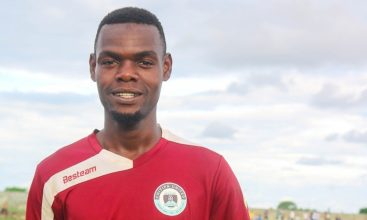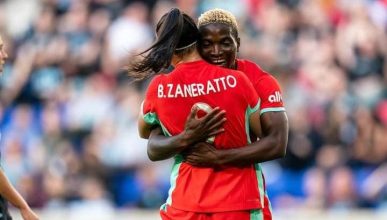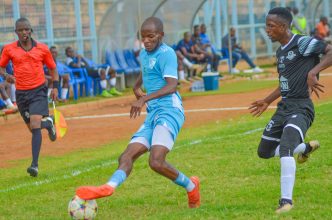Cosafa cup versus ‘xeno’ attacks
With sickening attacks on foreigners leaving one Malawian dead and over 1 000 others rendered destitute, South Africa should be a no-go zone like Sudan’s Darfur area.
Yet, some 300 foreigners making 14 national football teams—including the Flames of Malawi—will give the xenophobia attacks a cold shoulder and still defiantly march onto South Africa soil next month.
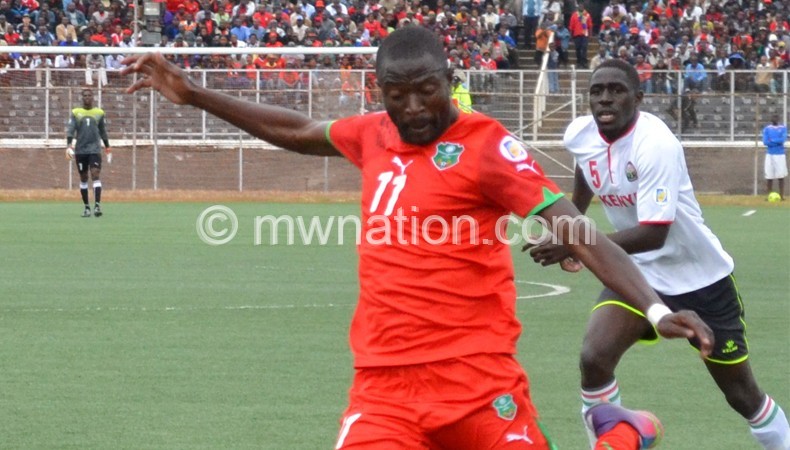
And the trip to South Africa is not for peacekeeping mission. It is all about obeying the power of football which from May 17 unites foreign nationals from the 14 countries through participation in the 2015 edition of Council of Southern Africa Football Associations (Cosafa) Cup.
Indeed, that is why the greatest South African and African Nelson Mandela boldly declared that ‘sport has the power to change the world.”
Sport helped fight apartheid. Foreigners helped marginalised South Africa, including current president Jacob Zuma who spent life in exile in countries such as Botswana and Zambia.
Cosafa leadership hopes the cup will heal wounds caused by the xenophobic attacks that have come about as some South Africans accused immigrants of taking jobs and opportunities away from them.
The latest violence followed reported comments by Zulu King Goodwill Zwelithini that foreigners should “pack their bags” and leave. The king has since appealed for an end to the unrest, claiming his remarks were misinterpreted.
South Africa’s Polokwane City Malawian striker Esau Kanyenda, who has played for several clubs, including Jomo Cosmos in South Africa and Rostov in Russia, says the attacks are an insult to the role foreigners played in ending apartheid South Africa.
“I am feeling sorry for our friends. I faced such kind of things [racism] when I was in Russia, but for an African to attack a fellow African is not on. That is not fair for us from other countries. We contributed in the fight against apartheid. So, is this what we are getting paid for?”
Kanyenda’s compatriot John Maduka, who is Bloemfontein Celtic team manager, described the attacks on foreigners as an act of ignorance by a few misguided South Africans.
“In every country, including in Malawi where I come from, there are foreigners. You can’t be chasing them away. It is being ignorant,” says Maduka while speaking in his personal capacity.
South Africa is home to 10 Malawian coaches and footballers Robert Ng’ambi (Platinum Stars), Robin Ngalande (Ajax Cape Town), Atusaye Nyondo (University of Pretoria FC), Esau Kanyenda (Polokwane City), Frank Gabadinho Mhango, Limbikani Mzava (both Celtic), Harry Nyirenda (Black Leopards), Patrick Falawo (FC Blackpool), Patrick Mabedi and Kinnah Phiri (Free State Stars).
It is believed that thousands of Malawians live in South Africa whereas the number of Zimbabweans is estimated at three million.
In the same vein, Cosafa president Seketu Patel believes that regional cup can help heal the wounds of the attacks.
“Cosafa is a zone of multicultural backgrounds and we fully condemn the shameful xenophobia we are seeing in South Africa. However, we stand firmly behind Safa at this time and are looking forward to the Cosafa Cup 2015 as an opportunity for all countries in the region to come together in peace,” Patel said.
Former Namibia Football Association president John Muinjo, who is now chairperson of Cosafa’s Referees Committee and a senior member of the executive, is also hopeful the cup can build solidarity.
Safa president Danny Jordan has already condemned the xenophobic attacks and called on the perpetrators to cease immediately, saying such attacks undermine the legacy which the 2010 Fifa World Cup left.
“We as Safa are saying these barbaric actions must end; and end now. We fought against apartheid because it segregated society and xenophobia has the same apartheid tendencies,” Jordan told Cosafa website.
On the pitch, Malawi national team’s opening game against Mozambique is scheduled for May 24.
Of course, the hosts Bafana Bafana and Cosafa Cup defending champions Zambia are a team to watch alongside guest participants Ghana and Tanzania replacing Comoros and Angola who have chickened out.
The tournament which is sponsored by Castle Lager and Power House will also attract Namibia, Lesotho, Botswana, Zimbabwe, Seychelles, Swaziland, Madagascar and Mauritius.


